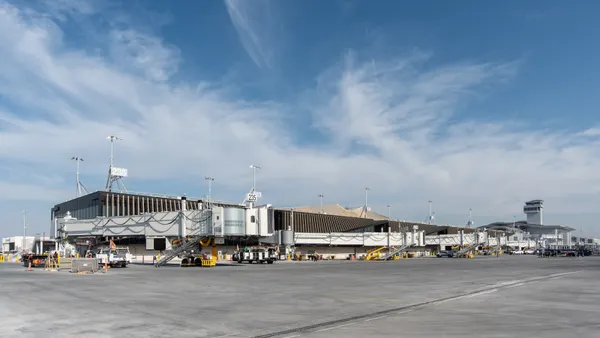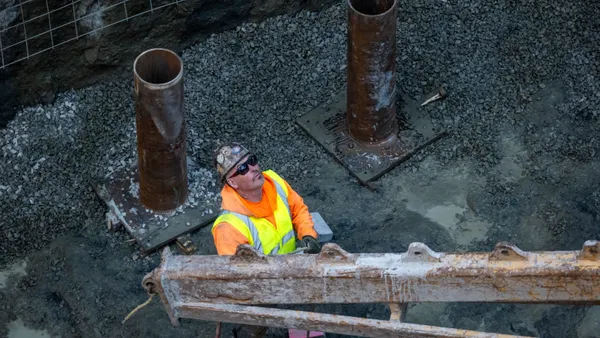Dive Brief:
- Zillow reported Wednesday that experts who responded to its latest Home Price Expectations Survey predict that companies who are turning to less expensive locations in the Midwest and Rust Belt for their expansions will create a migration to those areas.
- Of the 100 housing experts Zillow surveyed, more than 50% said that jobs were either already bringing residents back to the Midwest or are about to, while others said affordable housing (20%) and a traditional lifestyle (13%) were drawing people toward the middle of the country .
- Although the future may be bright for the Midwest and Rust Belt areas of the country, Zillow added that those areas were still in post-recession recovery mode, with sluggish job growth and negative equity presenting an ongoing issue in the housing market.
Dive Insight:
"Now, as labor markets tighten and the country approaches full employment, employers will have to look elsewhere to keep costs in check," Zillow Chief Economist Svenja Gudell said in a release. "For some businesses, this will mean relocating away from expensive coastal areas to more affordable interior communities. Sooner or later workers will follow the jobs, providing an impulse to local housing markets."
Toyota is moving its headquarters from pricey Torrance, CA, to the Dallas-Forth Worth area reportedly so that employees can take advantage of the less expensive housing market there. Toyota insider Albert Niemi, dean of the Cox School of Business at Southern Methodist University, said employees urged the company to relocate somewhere where they could "live the American Dream." North Texas median home prices are three to four times the median income, while in Torrance, CA — a suburb of Los Angeles — homes are seven times the median income.
Data center company Switch also recently opted for the Midwest locale of Grand Rapids, MI, for its new $5 billion SUPERNAP center. Michigan lawmakers gave the company significant tax breaks to build on the site of the landmark "Steelcase Pyramid" building in exchange for a commitment to employ local workers at guaranteed wage levels. The company said it chose the Grand Rapids location because of the state's weather and a minimal chance of natural disasters.













